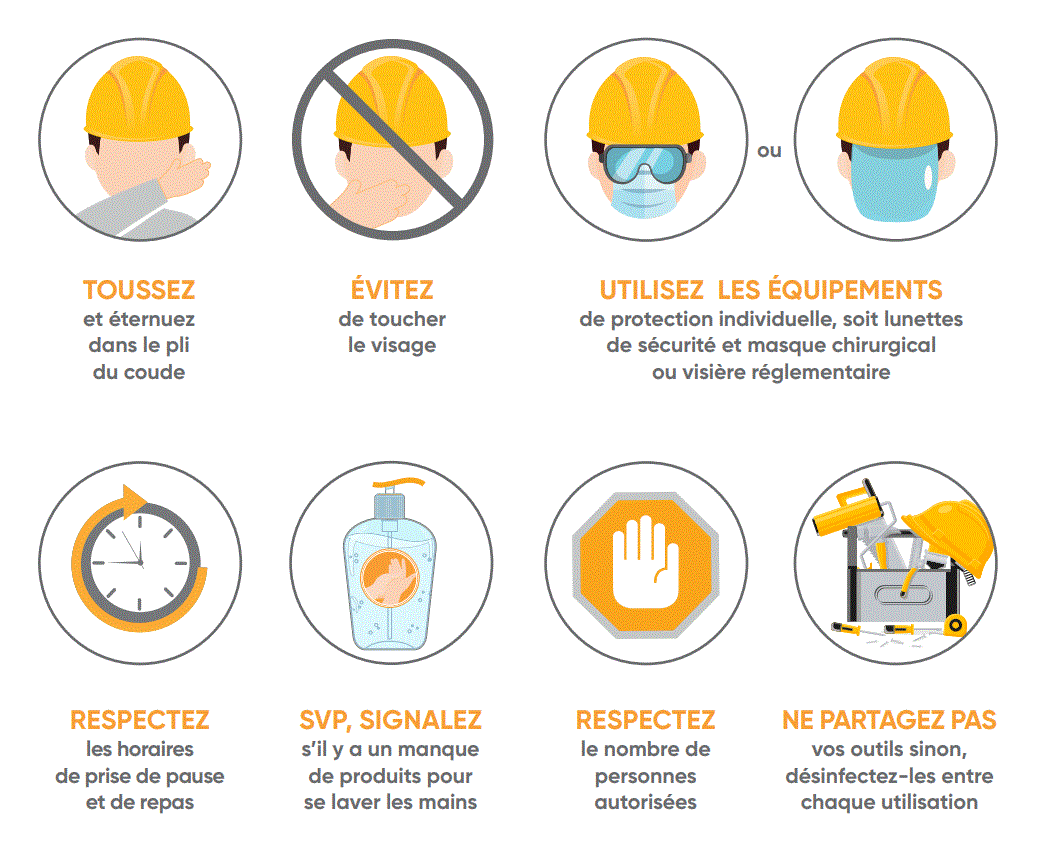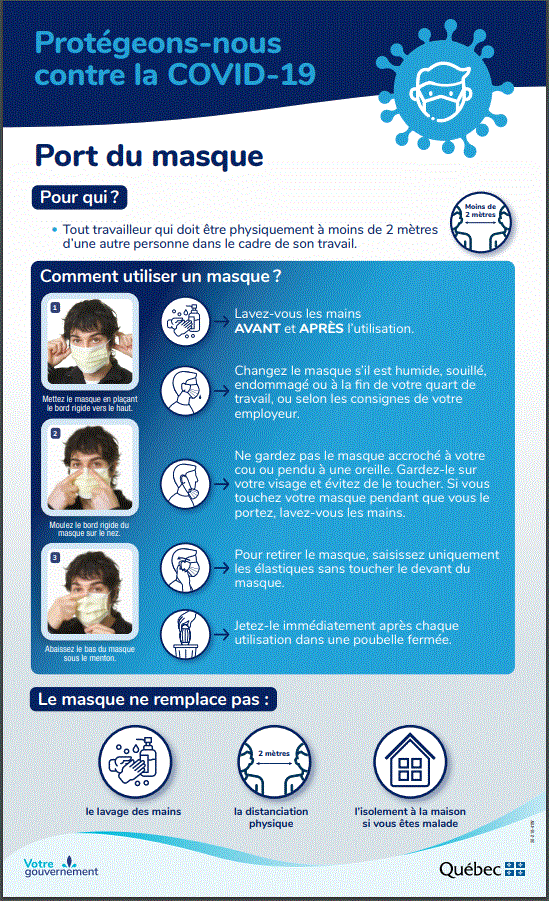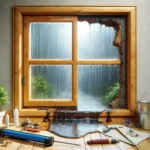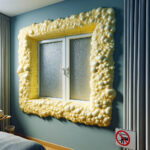The coronavirus outbreak has forced our country, our province, to stop all economic activities declared non-essential for health security purposes that are well understood by the public.
The situation in Quebec allows for a gradual resumption of construction sites. The Legault government is proposing an action plan for the gradual reopening of certain areas of activity, includingconstruction/renovation.
Of course companies will have to respect the health safety rules known as “social distance” and “barrier gestures” during their work.
Let’s see what this means for you and our caulking workers.
Gradual resumption of building sites: caulking
The pandemic has effectively halted most of the country’s economic activities that focus on the safety of the population, and that is fine.
It should be remembered that in some trades, emergency work has never been interrupted, considering also that our skilled workers lay caulking even during the winter in order to respond to emergencies (water, air infiltration, etc.).
Thus, this year again Elite Calfeutrage left no one with windows “water or cold weather” during the long period of cold, including during the containment crisis caused by COVID 19 this winter/spring 2020.
A project? Caulking offers you a clear submission,
call 450 473 3548
or 514 910 3548
What do you call Emergency in terms of caulking?
Caulking work is affected by this emergency when:
- Sealants crack and allow water or frigid air to pass through.
- When a masonry control joint reveals weakness and the frost can cause serious damage to the facades.
- When firewalls pose safety concerns.
- When an infestation of insects or rodents must be stopped
Gradual return to normal for construction companies
Not just for caulking emergencies…
At the beginning of May 2020, the Legault government is proposing an action plan for the gradual recovery of certain sectors of the economy such as construction and renovation.
Strict health rules will of course have to be followed in addition to those usually enacted by the CNESST safety code and inspectors will be deployed to ensure compliance over the coming months.

Social distancing rules
Distance between workers
Caulking even when it takes place on a large construction site is a solitary profession, in fact:
- You never find two people on a ladder
- Similarly, a gondola accommodates only one person
- Working with two people to caulk a window is nonsense, the workers would be embarrassed.
Building on these findings, since the company’s inception and this includes large construction sites, Elite Calfeutrage never employs more than two workers at a time on the same building. Needless to say, the constraints of social distance are very easy to respect…
Physical distance from customers
As caulking takes place from the outside, it is easy to never meet the customer and avoid any transmission of germs or viruses. The client stays at home, the formalities of the work checks are carried out perfectly remotely.
It should be remembered that it is to avoid a second wave of contamination that this caution will have to be applied until further notice.
Beyond these measures
We apply the provisions imposed by this period of health emergency
- Frequent hand cleanings
- Regular disinfection of tools
- Wearing the mask safely when physical distance is not possible
- For the worker, changing the work clothes before going home
The company has always been in compliance with the standards imposed by the CSST,so we will apply the additional recommendations of the ACQ which provides a guide and documents, posters to be placed on construction sites… downloadable here.
Residential, commercial, industrial all sectors are allowed
The Quebec government authorizes the reopening of all residential construction and renovation sites.
From foundations to roofs to caulking doors and windows, contractors will be able to resume their work on May 11.
Important:
The success of this return to normality will only be on one condition: that we all follow to the letter the health and social distancing recommendations demanded by the government.




